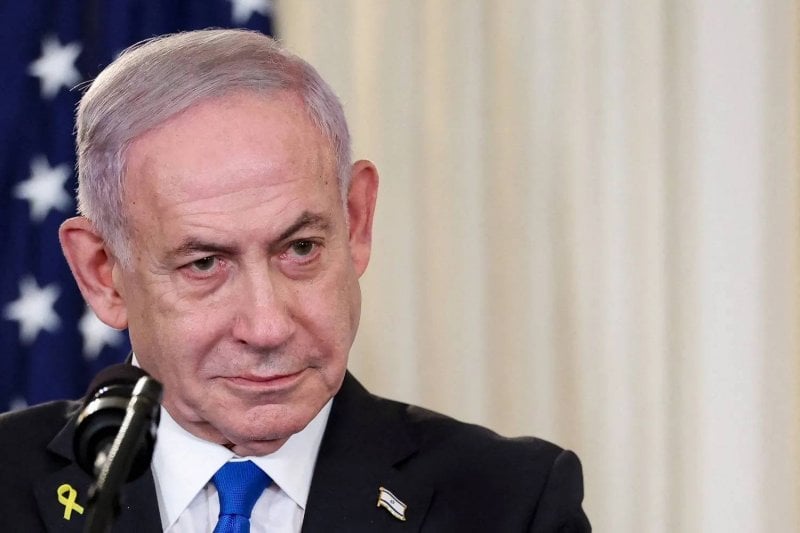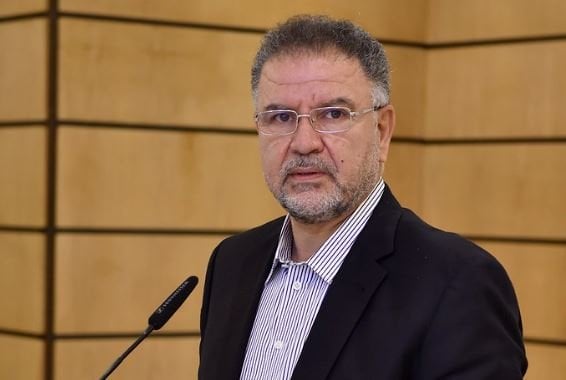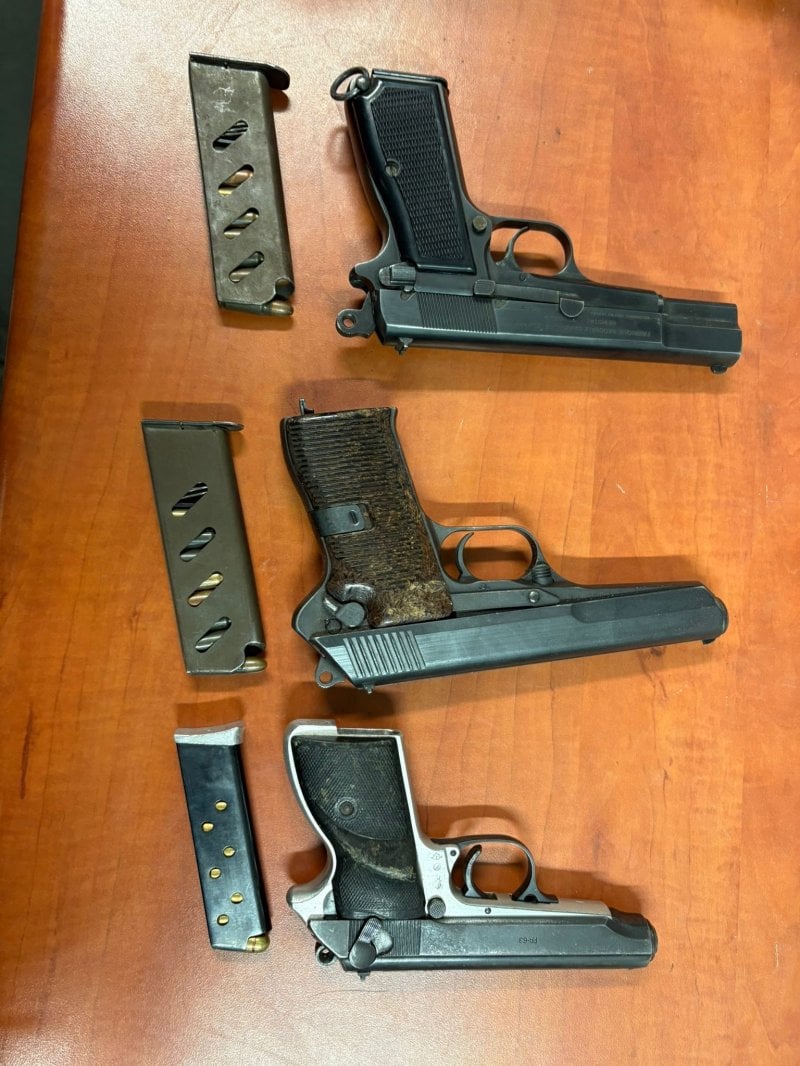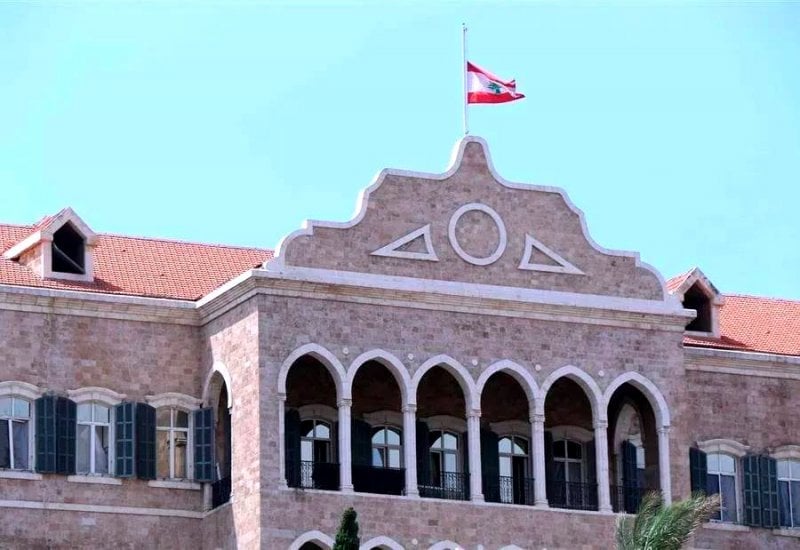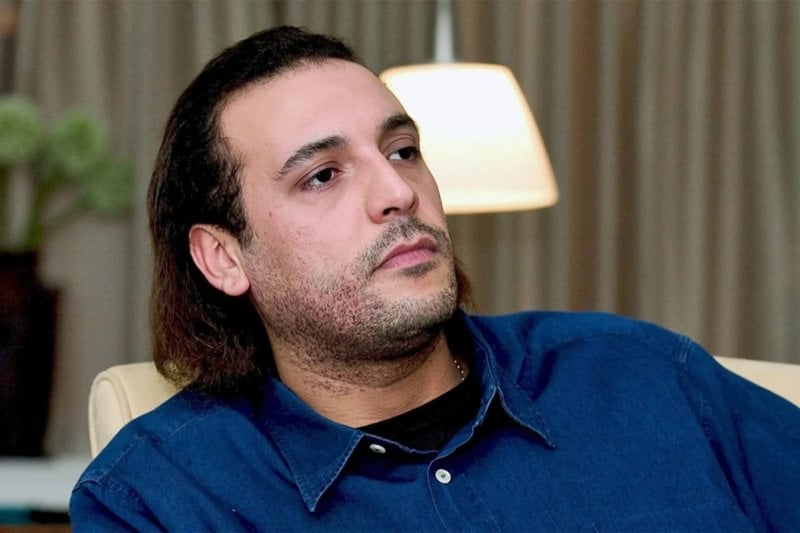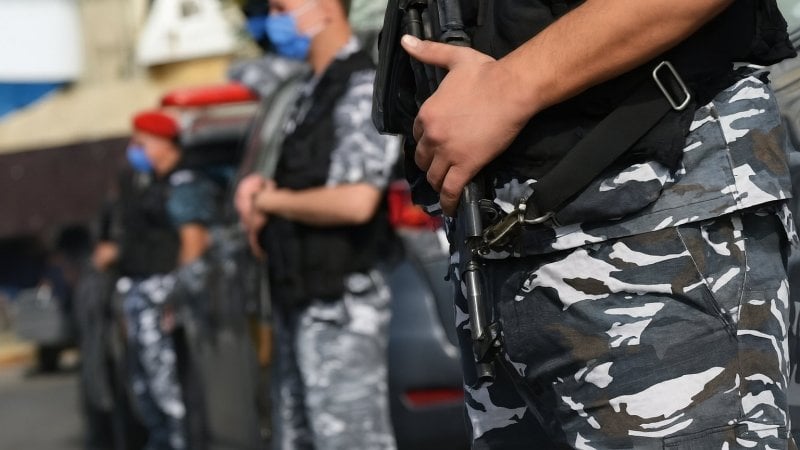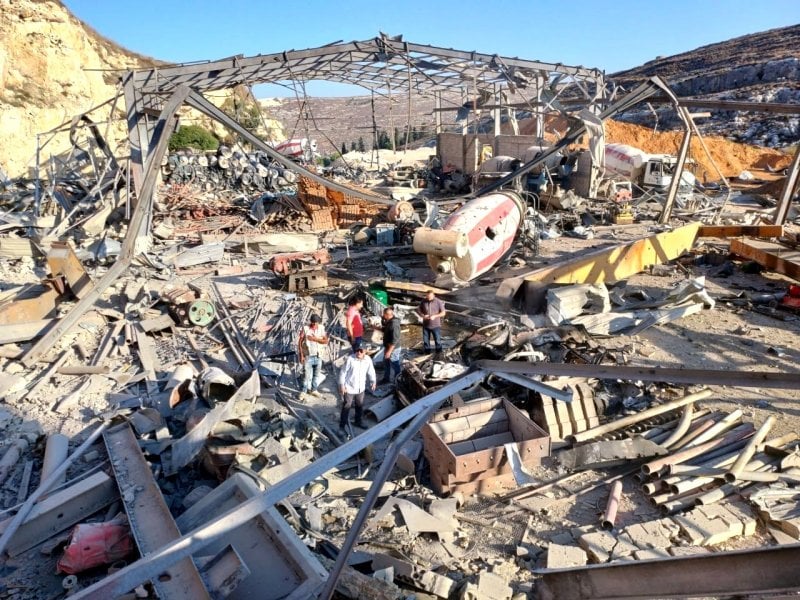
Summary: Lebanon is facing difficulties in obtaining an international loan for reconstruction due to the World Bank’s conditions related to transparency and Hezbollah’s weapons, which reflects the loss of international confidence and donors’ fear of repeating the experience of exploiting aid funds as happened after the 2006 war.
In the midst of Lebanese aspirations to launch reconstruction projects in the south, the suburbs, and the Bekaa, the international loan file amounting to $250 million has resurfaced, but it faces many obstacles represented by the strict conditions imposed by the World Bank. At the forefront of these conditions is the issue of Hezbollah’s weapons and ensuring transparency in spending, which reflects the erosion of international confidence in the Lebanese state and donors’ fear of a repeat of the scenario after the July 2006 war.
In this context, writer and political analyst Ali Hamadeh disclosed in a statement to New Information regarding the aforementioned loan, which the World Bank is supposed to provide to Lebanon to support reconstruction efforts in the affected areas.
According to Hamadeh, the loan is currently under the weight of an actual freeze, as a result of the conditions and inquiries raised by the World Bank, which revolve around transparency standards and identifying potential beneficiaries of the funds, especially in light of Hezbollah’s role and influence on spending and implementation mechanisms.
Hamadeh explained that the memory of donors still retains the experience after the July 2006 war, as that stage witnessed widespread financial exploitation of compensation funds and Arab and international aid, from which Hezbollah, the Amal Movement, and those close to them benefited. He stressed that the World Bank refuses to repeat this experience in the absence of real guarantees that guarantee the rational use of funds and ensure transparency.
Hamadeh stressed that the freeze on the loan has not been officially announced, but it exists on the ground, noting that all the recent meetings and discussions that took place in Washington or outside it did not result in any progress, especially with regard to the disarmament file, which constitutes a basic requirement for the international community before moving forward with any financing.
Hamadeh added that the United States and the World Bank agreed to prevent a repeat of the 2006 scenario, noting that recent months have witnessed the establishment of dozens of new companies directly or indirectly linked to Hezbollah, the Amal Movement, and those close to Parliament Speaker Nabih Berri. The goal of these companies, according to Hamadeh, is to prepare to receive reconstruction funds, whether from the Lebanese state or from foreign aid and loans, even those subject to international oversight.
Hamada pointed out that these companies operate outside the official framework and adopt special standards, which raises doubts about the nature of their activities, especially in light of the weakness of field oversight. Some projects may be registered as restoration or house building works, while they may be used to carry out other works, such as digging tunnels or constructing military structures, which is difficult to verify or monitor.
He added that the financial aspect of this file remains the main focus of exploitation, as happened after the 2006 war, when huge sums of money were deducted and went to well-known party parties. Therefore, Hamadeh asserts that this time the international community is determined not to allow this experience to be repeated in any way.
Regarding the field escalation, Hamadeh revealed that the recent Israeli strikes that targeted institutions and companies in the construction and public works sector come in this context, as Israel considers them part of the logistical system that supports Hezbollah financially and on the ground, indicating that these targets are likely to escalate in the next stage, especially in the south.
Hamadeh concluded his speech by noting that part of the funding of these companies is used to support the military structure of Hezbollah, and another part finances the political environment of the Amal Movement and President Nabih Berri, while the Lebanese state remains the weakest party, as it lacks actual oversight and the ability to impose the necessary controls to ensure transparency and accountability.
Source: Lebanon Today



